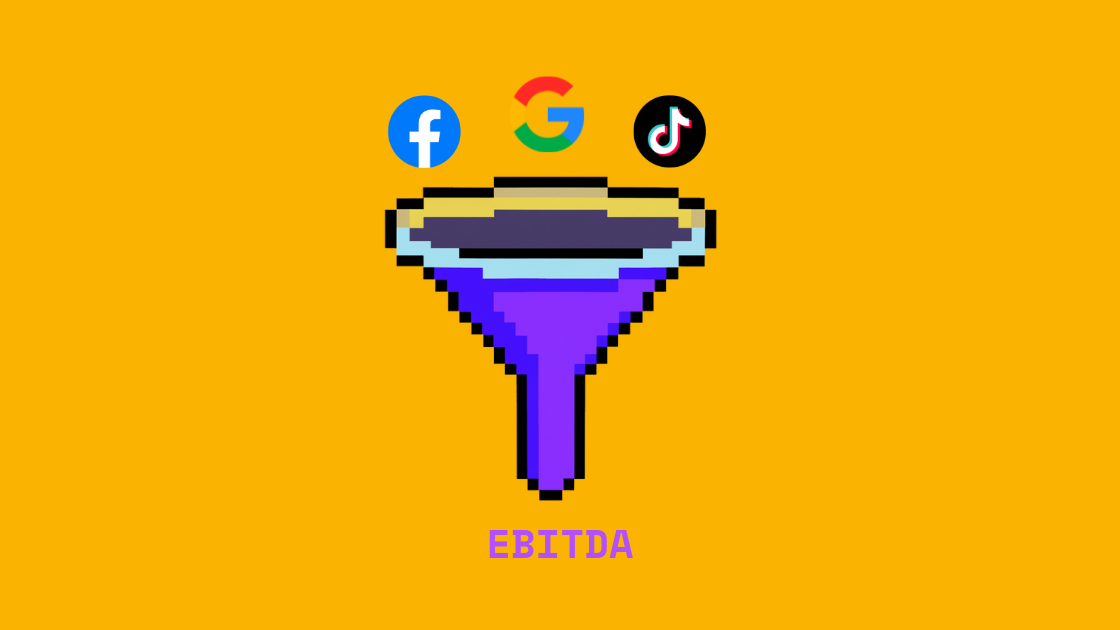Blindfolded Handshakes on the Blockchain
In the rapidly evolving world of crypto and web3, we have witnessed the rise of a powerful concept called zero knowledge proofs (ZKPs). ZKPs strike a remarkable balance between privacy and trustworthiness, making them a game-changer for various applications. This article aims to make the concept of ZKPs accessible to everyone. It will cover what ZKPs are, their history, why they’re gaining popularity, potential future uses, and some important companies working on ZKP-related projects.
So, what are Zero Knowledge Proofs?
ZKPs are a cryptographic technique that allows one party to prove the validity of a statement to another party without revealing any additional information. In the realm of digital transactions, this means that an individual can prove they possess certain knowledge or have performed a specific action without disclosing specific details. This balance of privacy and trustworthiness is at the core of ZKPs’ appeal.
The origins of zero knowledge proofs can be traced back to a groundbreaking 1985 paper by three researchers, Shafi Goldwasser, Silvio Micali, and Charles Rackoff. The paper is titled “The Knowledge Complexity of Interactive Proof-Systems.” The group earned the prestigious Turing Award for their work on this paper.
Why ZKPs are Gaining Popularity
- Privacy: As interconnectedness increases in the digital world, safeguarding personal information becomes paramount. ZKPs provide a solution by enabling individuals to prove their knowledge or actions without revealing sensitive details.
- Efficiency: Traditional digital systems may need help processing vast amounts of information. ZKPs can improve efficiency by reducing the data required for processing, thereby streamlining transactions.
- Collaboration: The growing digital landscape demands seamless cooperation between different systems. ZKPs can facilitate this by enabling trust between systems without sharing private information.
Potential Future Uses
- Digital Identity: ZKPs could pave the way for secure digital identity systems, allowing individuals to verify their identity without disclosing personal information such as birthdates or addresses.
- Voting Systems: Implementing ZKPs in voting systems could ensure accurate vote counting without compromising voter anonymity.
- Compliance Audits: Companies could utilize ZKPs to demonstrate compliance with regulations while keeping sensitive information confidential, resulting in more efficient and private auditing processes.
Key Companies and Solutions
- Aztec Protocol: A project that employs ZKPs to enable private transactions and smart contracts on Ethereum.
- StarkWare: A company that specializes in developing solutions to enhance the speed and security of digital systems, utilizing a unique type of ZKP called STARKs.
- Mina Protocol: A project that leverages a novel type of ZKP to create a lightweight and secure digital system. The world’s first ZK-native blockchain.
Zero knowledge proofs offer a balance between privacy and trust previously unavailable on totally transparent blockchains and legacy systems. By understanding the concept of ZKPs, their potential applications, and the companies working on related projects, both newcomers and seasoned experts can appreciate the profound impact that ZKPs can have on the future of distributed systems.






